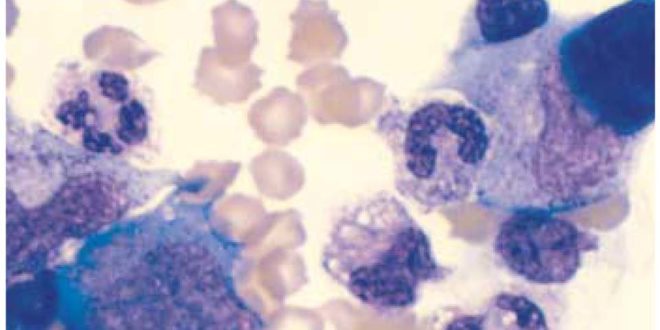B-Cell Acute Lymphoblastic Leukemia (B-ALL) is blood-related cancer that may affect an individual after exposure to radiation or the like. While a definite cause may not entirely be known, it is apparent that it does have severe growth within the body which may make it difficult to treat.
Having a pediatric patient may make it even more demanding regarding survival, and with patients affected by (B-ALL) having possible relapses from several trials of other treatments, the latest endorsed treatment would be the CD22 CAR-T.
Sadly, if the treatment would still end in a relapse, there has been a remediated cut past the treatments of AlloHCT, CD19 CAR-T, and CD22 CAR-T which, in some terms, would limit the possibility for survival.
Though, there has been a developed humanized version which comes across as the Anti-CD22 CAR-T treatment model. The treatment was presented by Dr. Jing Pan in Beijing, China.
When refractions and relapses occur, it becomes harder to treat the once recovering patient. The patient, if treated with AlloHCT and the following remediations, and end up in a relapsing state, may end up with resistant cells against the following therapies which may recur negatively on the patient. The design of the humanized Anti-CD22 CAR-T finds the focus on targeting CD22 CAR-T immune leukemia cells.
The main problem with treatment for cancer is its increasing danger as treatment intensifies. With locking on to treating the leukemic cells, there comes a maladaptive form from every cell that is targeted.
While it is easier to access less great progressions of the illness, harsher damage may make it harder to treat. The primary focus of the new treatment is to provide a fallback against the CD22 CAR-T after failed trials, and with the much due hope, it could stay as a focused treatment rather than failing recurrences from further treatment damages.

